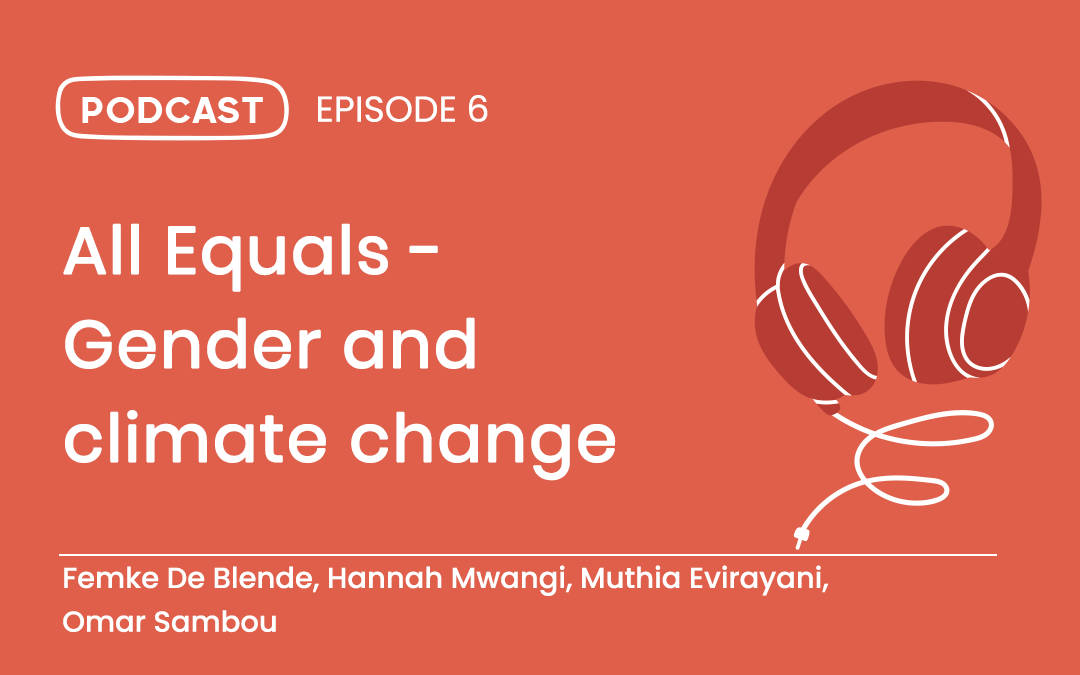All equals - gender and climate change
Abstract
In this podcast, we have discussed issues of gender inequality, climate change, and the need
for more women representation in decision-making processes from the Global South. In many African societies, patriarchy is still highly practiced with imposed gender roles on women. Being the biggest bearers of climate stressors, women in Kenya and the Gambia are taking proactive initiatives to fight against gender inequality and climate change on Sustainable Development Goals 5 &13. In this episode, we highlighted the challenges of climate change in Africa with a focus on Kenya and The Gambia, discussed with two prominent women on their work, and the role of women in building climate-resilient societies in Africa. It is fundamental and almost close to impossible to have climate justice without gender justice.
Credits
Guests:
Fatou Jeng- Founder and Executive Director of Clean Earth Gambia
Dr. Damaris Matoke- Principal Research Scientist and Head of Capacity Building at PAMCA
Music: www.audiojungle.net
References
GBoS, 2013. Volume 15 of the 2013 Population and Housing Census report, Kanifing:
Gambia Bureau of Statistics .
Jallow, B. P., et al. (1996). Vulnerability of the coastal zone of The Gambia to sea level rise and development of response strategies and adaptation options. Climate Research, 6(2), 165–177.
Nzau, M. (2013). Mainstreaming climate change resilience into development planning in
Kenya. IIED country report. IIED, London http://pubs.iied.org/10044IIED
Leal Filho, W.,. et al. (2002). Promoting gender equality across the sustainable development goals. Environment, Development and Sustainability.
Janet Muthuki (2006) Challenging patriarchal structures: Wangari Maathai and the Green Belt Movement in Kenya. Agenda, 20:69, 83-91.
Hartmann, H. I. (1981). The Family as the Locus of Gender, Class, and Political Struggle: The Example of Housework. Signs, 6(3), 366–394.
